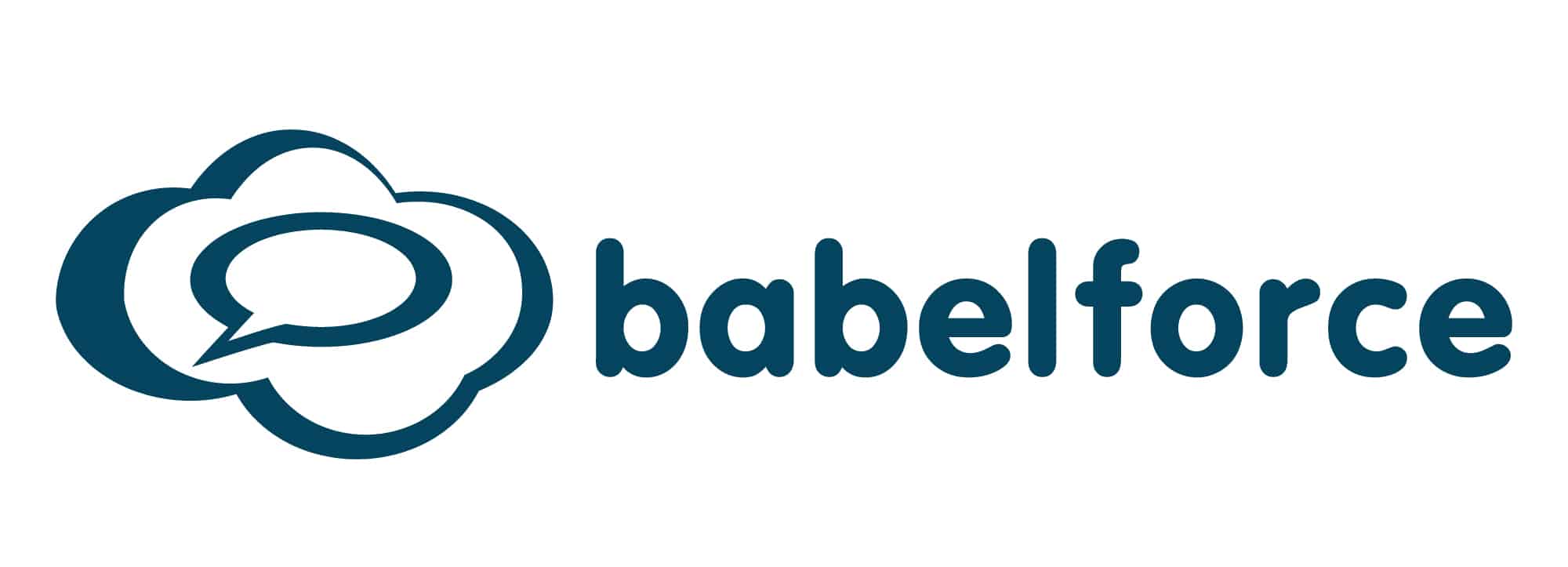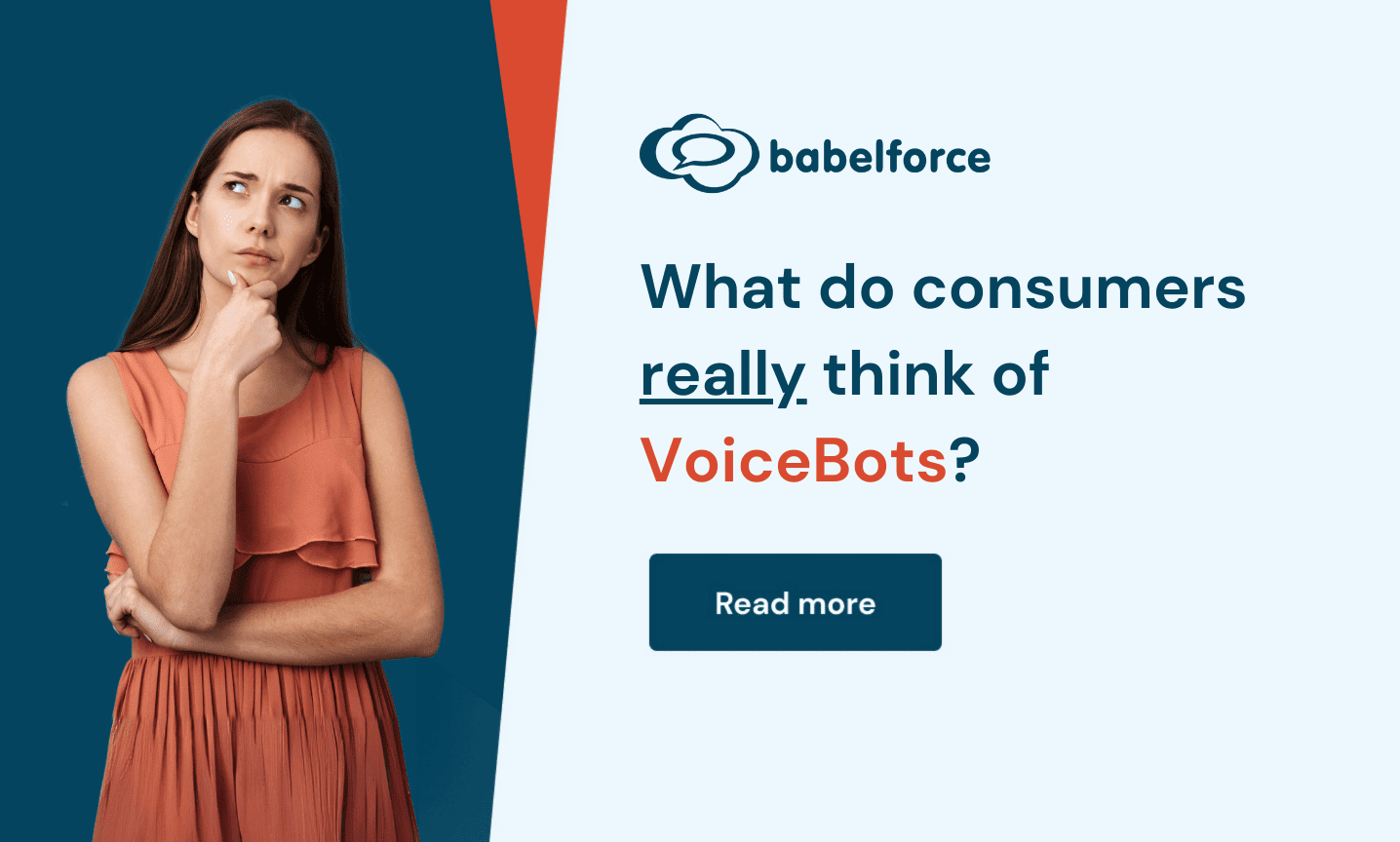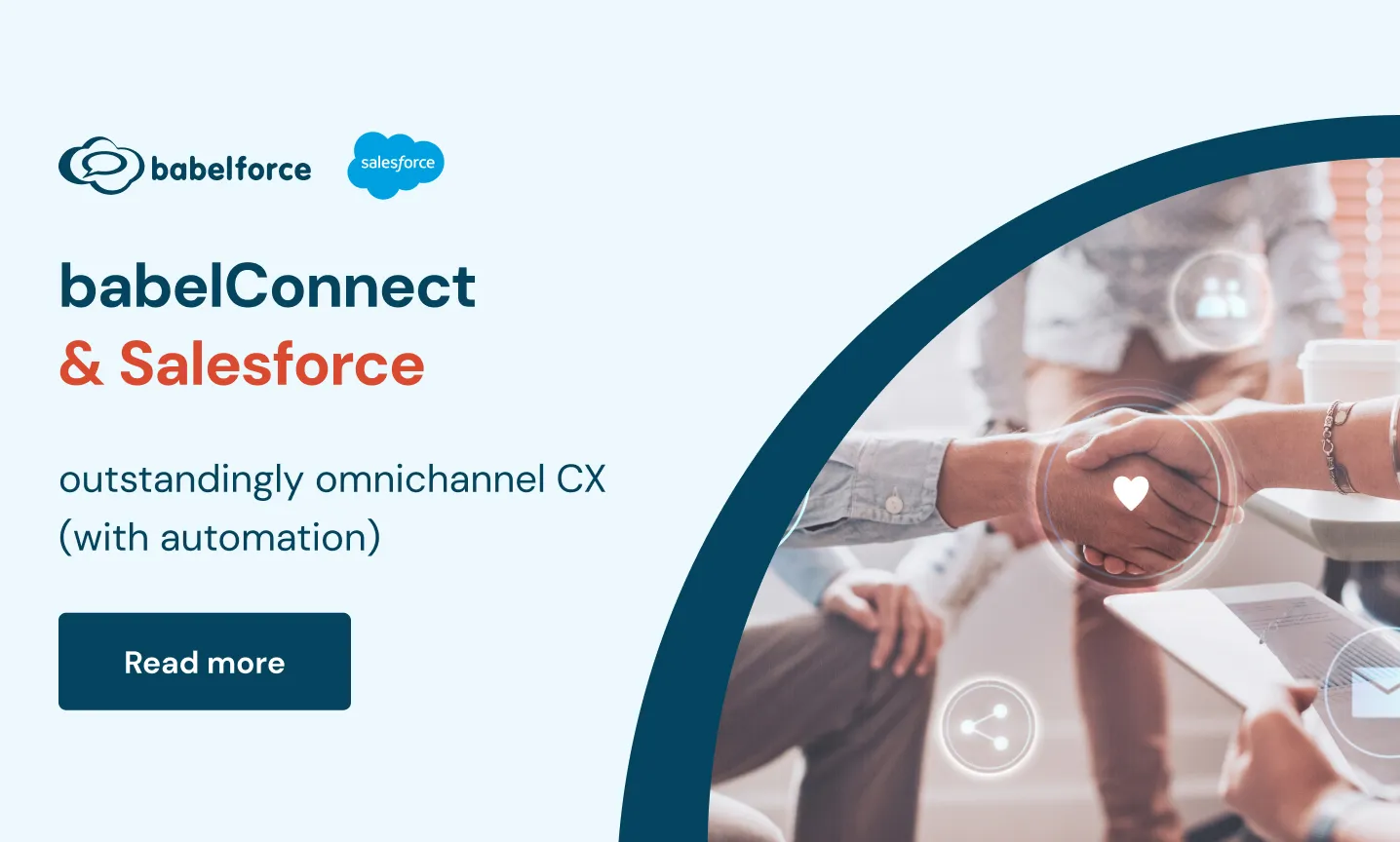In this post:
- What is call monitoring?
- Why do contact centers monitor calls?
- What are the advantages of call monitoring?
“This call may be recorded for quality and training purposes”. We’ve all heard these words before. If you contact customer support, there’s a good chance that your phone conversation is being recorded. And this isn’t just for the big companies. Many small businesses are now using call monitoring in their contact centers as well.
But what exactly is call monitoring? How does it work? And what are the advantages of using it? We answer these questions and more in the following post.
(Want more articles like this in your inbox? Click here to get our fortnightly CX newsletter.)
What is call monitoring?
Call monitoring is the process of recording and/or listening in on phone calls between customers and call center agents. Most call centers use some form of call management software that enables them to record the conversations between agents and customers and then store these recordings for later review.
It’s easy to imagine why call centers might want to do this — it can be a valuable training tool and it’s also a form of insurance. If there’s ever a dispute about what was said during a call, a recording becomes very useful. And call monitoring tools usually come with a few other features as well, like the following.
Call whispering
Call whispering gives agents (or supervisors) the ability to speak to another agent during a call without the customer knowing. This can be useful if you need to give an agent a quick coaching tip during a call.
Double-listening
Double-listening is when a supervisor listens in on a call while the agent is talking to the customer. This can allow the supervisor to monitor performance and provide specific feedback after a call.
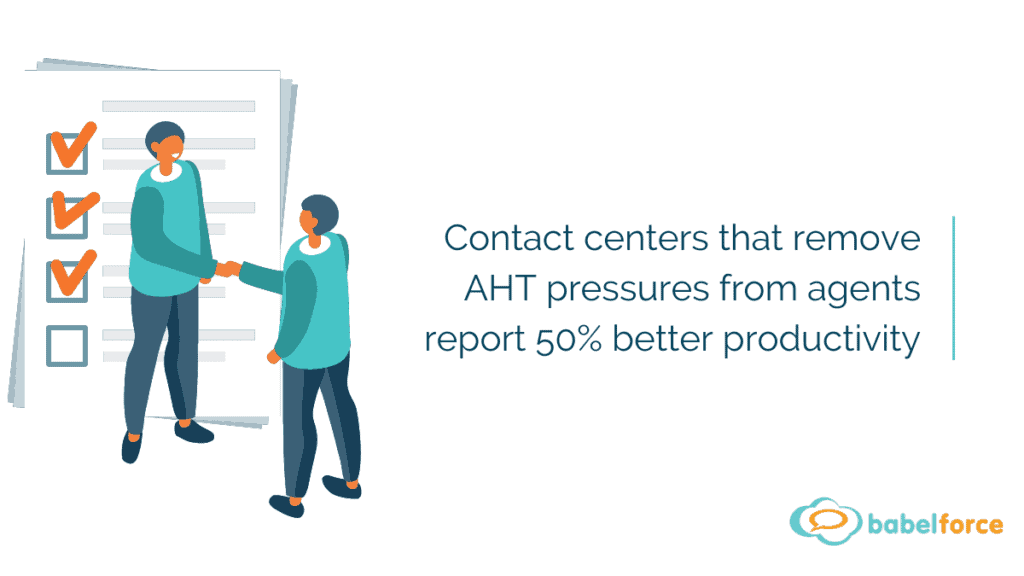

Barge in
Call barging is the ability to join in on a call that’s already in progress. It’s sometimes used if another agent needs to talk to a customer directly or if an agent is having difficulty dealing with a situation.
Call takeover
This is when an agent can hand off a call to another agent without the customer knowing. It’s occasionally used if an agent is not able to resolve a problem and another agent needs to take over the call.
Why do contact centers monitor calls?
Recorded calls are a very useful resource for contact centers. Here are some of the main ways they can be put to use.
Coaching & training
Call monitoring can be a valuable coaching and call center training tool. By reviewing recordings of calls, agents and supervisors can identify areas where agents need improvement. This can be anything from product knowledge to phone etiquette. And by listening in on calls, supervisors can provide detailed and actionable feedback that helps agents elevate their performance.
Standardize the quality of service
Another common reason for call monitoring is to help ensure that agents are providing a consistent level of service. By reviewing recordings, contact centers can identify any areas where agents might not be meeting expectations. This helps contact centers improve their overall quality of service and take action to target customer pain points.
Performance evaluation
You could have a star performer in your contact center, or one of your agents might be dishing out unsolicited relationship advice, but unless you’re monitoring calls, you won’t know it. Call monitoring helps identify agents who are going above and beyond (or falling below) expectations. This information is very useful when it comes to performance evaluations.
Compliance monitoring
In some industries, there are laws and regulations that require businesses to monitor calls. This is usually for the protection of customers (and the business). If customers are signing contracts or giving sensitive information, businesses need to ensure that these calls are being handled properly. Call monitoring helps to ascertain compliance with these laws and regulations.
What are the advantages of call monitoring?
There are various reasons why contact centers might want to use call monitoring. But what’s clear is that doing so can have a positive effect not just on your call center KPIs, but on your business as a whole. A HubSpot report showed that 67% of brands that monitor and collect customer feedback, experience greater growth compared to brands that don’t. In that regard, call monitoring is one of the easiest ways to hear directly what your customer thinks about your brand.
Here are some other advantages call monitoring delivers.
Agents are held accountable
An agent might be having a bad day and feel tempted to give a difficult customer a piece of their mind. Or they might be rushing through calls to try and meet unrealistic targets. Call monitoring can help hold agents accountable for what they say and do on calls. This can lead to higher-quality customer service, fewer complaints and lower customer churn.
Customers are more satisfied
When calls are monitored, businesses can identify areas where they need to make improvements. Is there a certain part of the call that’s causing customers to hang up? Are agents using too much jargon and confusing customers? 58% of consumers will sever their relationship with a brand if they experience poor customer service, so it’s crucial that businesses get this right.
Call monitoring is one of the ways that businesses can identify problems in the customer experience and make the necessary changes. This leads to happier customers and fewer support issues.
Disputes can be resolved more easily
If a customer and an agent have a disagreement about what was said on a call, businesses can use call recordings to resolve the dispute. This is fair for both parties and can help prevent customers from feeling like they’re being ignored or brushed off.
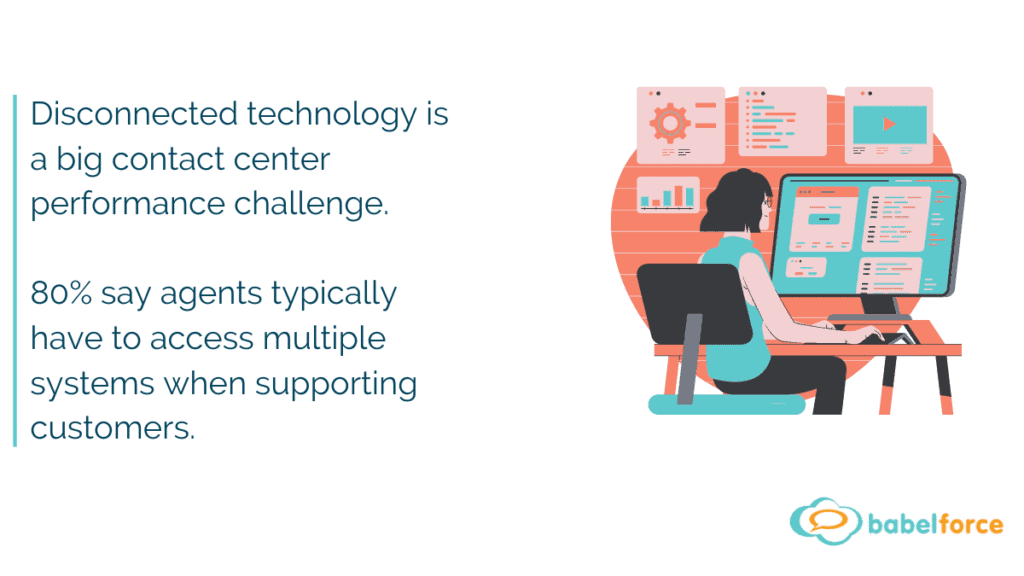
High-performing agents get recognition
Call monitoring helps businesses identify agents who are going the extra mile to deliver excellent customer service. These agents can then be recognised and rewarded for their efforts. It’s a great way to foster a positive and more-inspired work environment.
Training becomes more productive
There’s an art to training new agents. Lengthy training sessions can be boring and dry for both trainers and trainees. And unfortunately, contact centers have high rates of agent churn so training is an ongoing process.
If trainers can provide new recruits with examples of excellent (and not-so-excellent) customer service, they can help them understand what’s expected of them so they can meet and exceed those expectations.
Data is collected for analysis
You might think you know your customers but do you really know what they want and need? Call monitoring helps businesses collect data about customer behavior, needs, and pain points. When you have actual real-world data to work with, you can make more informed decisions about how to improve your products and services.
Call monitoring – not just for big business
Small businesses might not be facing the same pressures as large businesses but that doesn’t mean they can’t benefit from call monitoring. In fact, small businesses might actually benefit more from call monitoring as they’re usually more nimble and can make changes quickly.
Call monitoring is a valuable tool for contact centers of all sizes and industries. Listening to your agent’s calls might seem a bit intrusive at first, but it’s one of the quickest ways to improve your level of service and identify any areas where the customer journey might be going off the rails.
